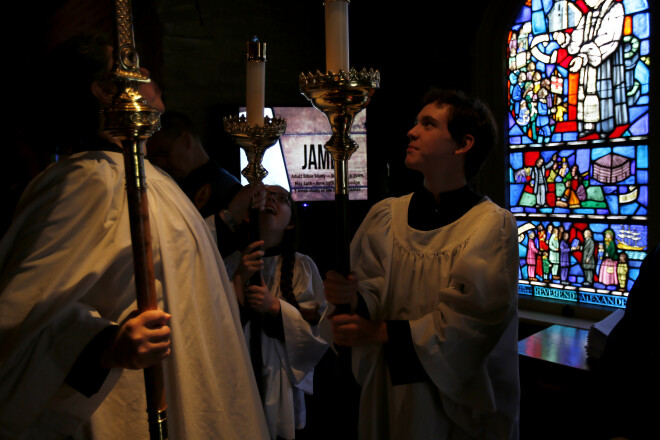The Living God

Christianity began in a world influenced by Greek culture (its era being called Hellenistic), and this included Greek philosophy. Those thinkers had already theorized about one God who was high over all things, an example of this being Aristotle’s ‘Unmoved Mover.’ But the problem with Greek thinking about God was that, precisely because of His greatness, God was removed from time and from action. Both involved change, and this was what the perfect and eternal One could not have. God became for them a kind of distant monolith, a problem not unknown to the modern era.
You might say that the trick for early Christian thinkers was to borrow from Greek philosophy in the service of a God who became flesh (John 1;14) and who can act and speak in the world. By contrast the God of the Bible is a living God (Matthew 22:32), one who is independent of, but dynamic in, the world. Early Christian thinkers (and all since then!) can borrow ideas, but they need to bend and adjust them to describe a God different from that which their neighbors thought of. Their God was indeed high, eternal, unchanged, but also free and creative, able to enter and act in His world. He has a divine will as well as being. Time and creation are His, and He is not limited by them. The Triune God is such a yet more glorious eternal and perfect One, alive. Philosophy prepares for, but could never say: ‘I am the living God- I was dead and behold, I am alive forever and ever.’ (Revelation 1:18).
As a postscript, this relation of borrowing but bending words and ideas from every philosophy to witness to the eternal and living God is true in our time too. What examples can you give for this?
Google ‘Pascal’s coat’ and discuss.


